The freedom to explore, the comfort of your own space, and the promise of adventure around every corner all make RVing an increasingly popular way to travel. However, to truly get the most out of your RV experience, you need to ensure you have the right generator to power your utilities and appliances. Selecting the proper generator size for your RV isn't merely a convenience—it's a necessity. This guide will walk you through why choosing the right generator size matters, the types of generators available, and how to calculate your power needs to make an informed decision. Here’s everything you need to know to decide what size generator is best for your RV.
Why the Right Generator Size Is Crucial
A generator powers your RV's electrical systems when you're off the grid or when it’s more challenging to hook up your RV to a camp’s power source. The right generator makes life on the road comfortable and convenient, allowing you to use appliances, charge devices, and enjoy just enough security from the outside world. Choosing a generator that’s too small can leave you without enough power to meet your needs while opting for one that’s too large can lead to unnecessary fuel consumption and increased operational costs. Finding that sweet spot is essential for efficient and economical operation.
Conventional vs. Inverter Generators for RVs
Before we can dive into the specifics of generator sizing, you need to know about some of the primary generator types. Generators for RVs generally fall into two categories: conventional and inverter. Each has its own set of advantages tailored to different camping styles and power requirements. Below is a brief breakdown of how each model works and how they complement certain camping styles.
Conventional Generators
These generators have high power output and durability. They're capable of handling significant electrical loads, making them suitable for larger RVs or those with higher power demands. However, they tend to be louder and heavier than their inverter counterparts.
Inverter Generators
Inverter technology transforms DC power into AC power, offering cleaner energy for your electronics. These generators are quieter, lighter, and more efficient, providing a steady power source that’s ideal for sensitive devices like laptops, smartphones, and televisions. They're perfect for smaller RVs and campers who need the additional comforts of home while out on the road.

Factors To Consider When Choosing Your Generator
Once you know which type of generator works best for your specific needs, it’s time to start paying attention to overall sizing requirements. When it comes to selecting the right size generator for your RV, several factors come into play, including:
- RV size and layout: Larger RVs with more appliances and amenities require more power, so take note of your camper’s listed requirements.
- Power needs: Consider the amount of power your appliances and devices need. Air conditioning units, microwaves, and refrigerators are among the biggest power consumers.
- Fuel type: Generators run on gasoline, diesel, or propane—sometimes even a combination of the three if you choose a dual-power generator. Your choice of generator will depend on availability, storage options, and personal preference.
Calculating Your RV's Power Needs
Every person is going to have varying power needs depending on several aspects of their RVing experience. Therefore, calculating your RV’s power needs is vital for finding the right generator size. Here's a simple guide to the steps you should take to calculate your power needs:
- List out all appliances: Include everything you'll be powering, from the air conditioner to your coffee maker.
- Note their power requirements: Each appliance has a starting wattage (power needed to start the appliance) and a running wattage (power needed to keep it running). If this unit is listed in amps, multiply by the voltage to calculate the power requirement in watts.
- Add peak loads: Some devices, like air conditioners, have higher start-up power requirements. Factor in these peak loads as well.
- Total it up: Add up the wattage of all your devices, including those peak loads, to determine your total power need.
- Add a buffer: It’s advisable to add a 20 percent buffer to your total to account for unforeseen power needs.
This calculation gives you a rough estimate of the generator size required to power your RV comfortably.
Overview of Generator Sizes and Their Uses
There are a handful of different sizing classifications to accommodate unique power needs. These are some of the core categories to keep in mind:
- Small generators (1000-2000 watts): Ideal for powering smaller appliances like laptops, fans, and small TVs. These are perfect for smaller RVs or those that don’t need to run large appliances simultaneously.
- Medium generators (2000-3000 watts): These generators can handle more substantial loads, making them suitable for medium-sized RVs. They can easily power a refrigerator, microwave, and several smaller devices at once.
- Large generators (3000 watts and above): Designed for large RVs with high power demands, these generators can run most appliances simultaneously, including air conditioners, ensuring complete comfort while on the road.

Top Picks for RV Generators
Below are some of the top picks for RV generators in different size categories:
- The Cummins Onan 2500 is a popular option with a rated watt value of 2200 and a surge watt value of 2500. It's quiet, durable, and can run for 10 hours on a single gallon of fuel at 25 percent load. The Cummin Onan 2500 is also very lightweight and easy to transport, eliminating any hassle if you’re on the go.
- The Cummins Onan 4500 is a highly rated 4500-watt inverter generator with remote start capabilities. While it is a bit heftier than the 2500 at about 100 pounds, it also provides enhanced usability, such as an 18-hour run time and 3700 running watts.
- For those needing the ultimate power source for their RV adventures, the Cummins Onan 9500 offers a whopping 9500 peak watts and 7500 running watts. It offers the ability to switch between gas and propane power effortlessly, and, just like the 4500, it comes with a remote start fob for easy use.
Choosing the right generator size is critical for a seamless RVing experience. By understanding your power needs and evaluating the factors affecting your choice, you can select a generator that meets your requirements without exceeding them. United RV Center offers several types of generators, though our selection of RV electric generators is particularly popular for its portability and ease of use. We offer gas and dual-fuel models as well to accommodate a wide range of preferences. Shop with us today to find the perfect product for your RV.

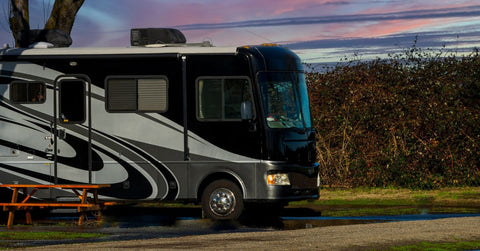
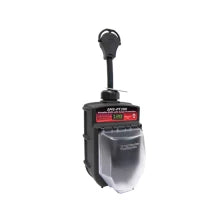
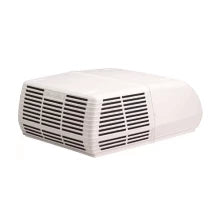
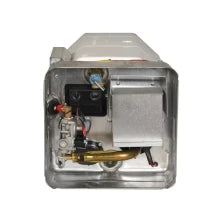
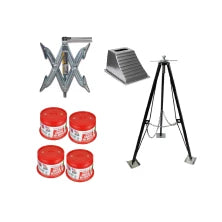
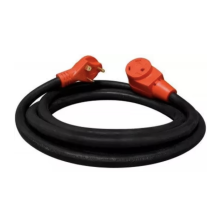
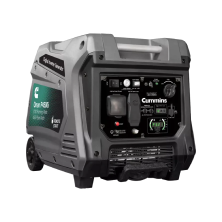
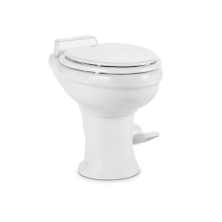
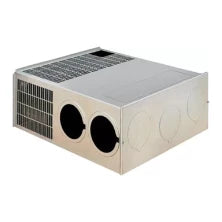


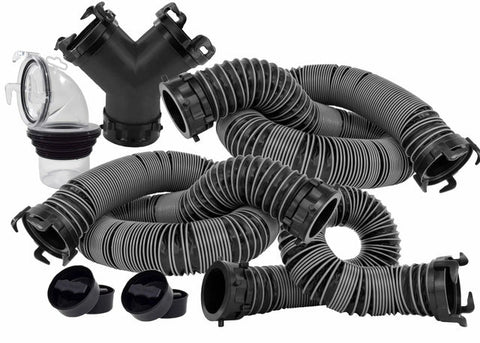
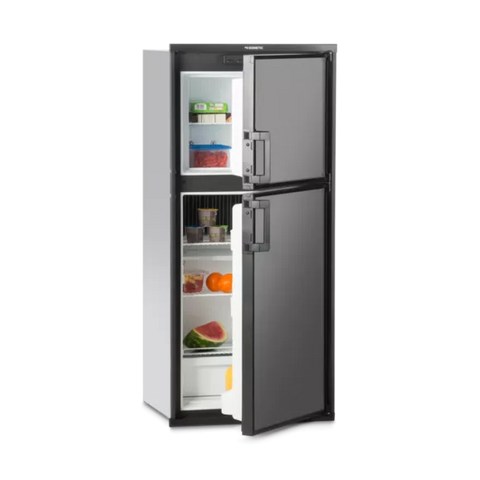
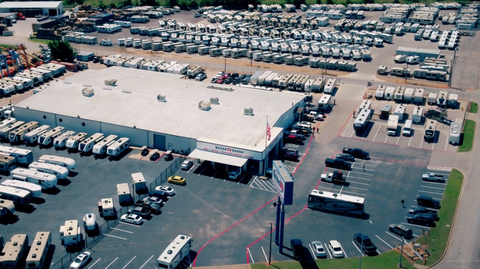
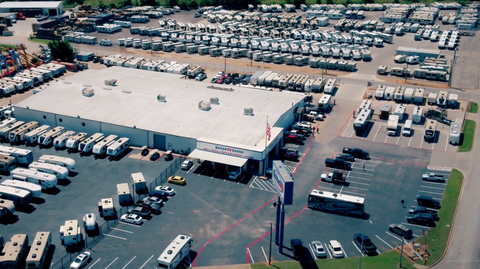
Comments (0)
There are no comments for this article. Be the first one to leave a message!